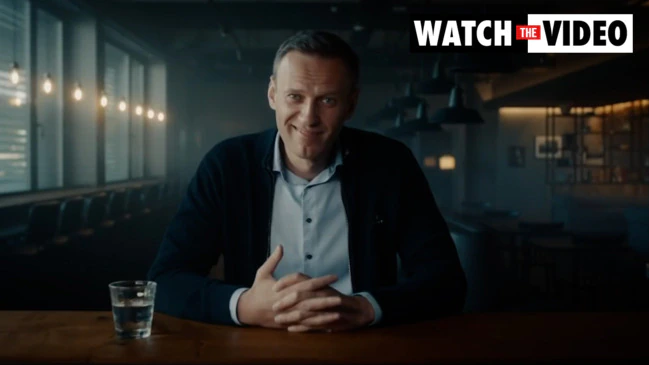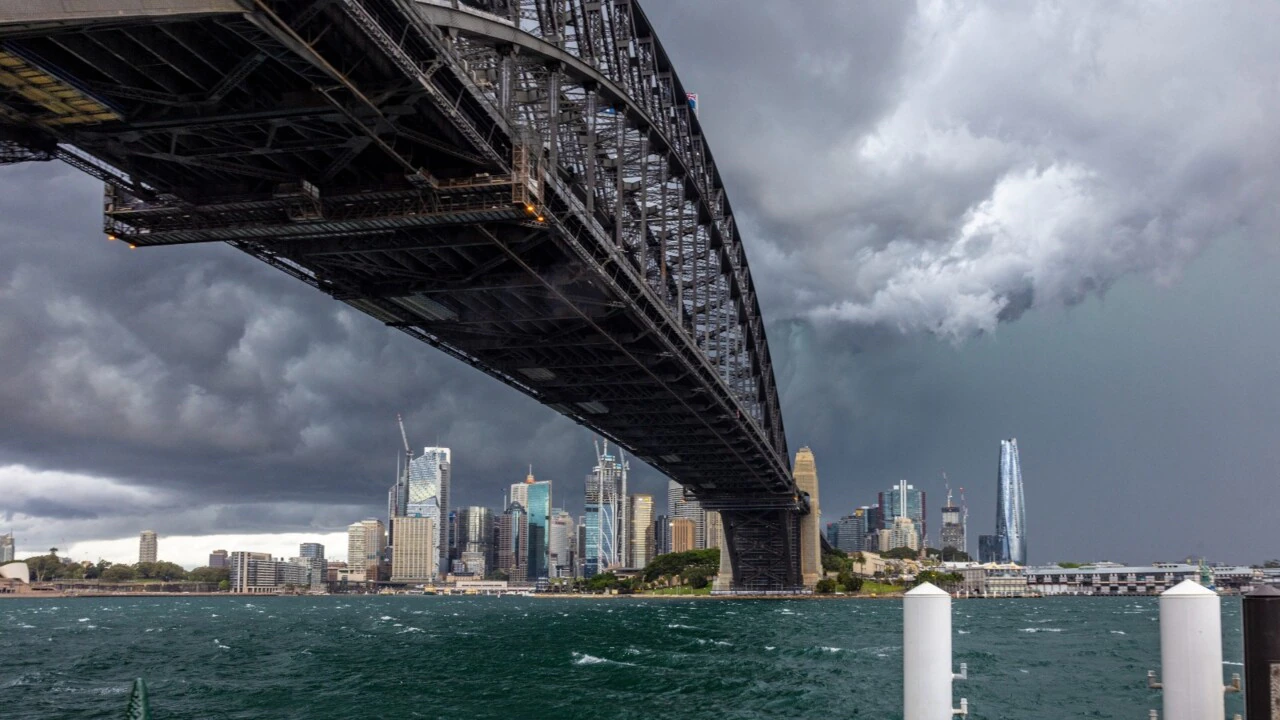A teenager in Russia has found herself on the country’s terror list after becoming a figure of defiance against Vladimir Putin’s Ukraine onslaught.
In October, 19-year-old Russian student Olesya Krivtsova voiced her criticism of Russia’s war in Ukraine through an Instagram story.
She also has a tattoo emblazoned on her calf resembling Putin as a spider with a caption reading: “The elder brother is watching you.”
Her comments were later reported to the authorities by her fellow students at Northern Federal University in Arkhangelsk, who had taken screenshots of the Instagram story and her anti-war comments shared in a Telegram chatroom.
Three months later, Russian officials added Krivtsova to a list of terrorists and extremists, putting her in the same league as evil groups such as Islamic State, al-Qaeda and the Taliban.
She has been charged with discrediting the Russian army under laws adopted last March to suppress public criticism of the war - and joins a long list of similar dissenters to Putin’s rule.
The state’s targeting of Krivtsova — a young student from a remote city near the Arctic Circle - highlights the growing intolerance towards dissenting voices in wartime Russia, which is targeting not only organised political opposition movements but also seemingly harmless individuals.
She has now been fitted with an electronic anklet that tracks her location.
“On February 24, I was terrified,” Krivtsova told 29.RU.. “There was a feeling that I was in some kind of a movie, watching it from the side.”
“I’ve always thought that this is like with death — you don’t think it will happen to you.
“So when writing these posts or showing something to anyone, I did not think I would be tried for that.”
Her mother Natalya said Krivtsova had “a heightened sense of justice” and understands the implications of being a state-labelled dissident in her country.
Natalya said her daughter’s university targeted her following her run-in with authorities, offering a character testimony describing her as a “low motivation” student and “often misses classes without a good reason”.
“There are different opinions among people in the university. I don’t think it is all that bad … but it was so disgusting to hear that in the court,” Natalya said via the Washington Post. “You sit there and think, really, what is this, 1936?
“She is prepared for any development; she realises that she may end up in a pre-trial detention centre and then in prison.
“We very much hope that this still does not happen. … Many people support us, and somehow, maybe, someone will hear us.”
Russia has been heavily criticised in the past for its treatment of political opponents.
In a similar move to suppress opposition, Russia added jailed Kremlin critic Alexei Navalny and several of his associates to a list of “terrorists and extremists” in 2022. The list, compiled by the Federal Service for Financial Monitoring, includes Navalny‘s key aide Lyubov Sobol.
The past year has seen a significant increase in the suppression of dissent in Russia. This includes the incarceration of President Vladimir Putin‘s foremost critic, Navalny, last January, as well as the banning of his political organisations.
Navalny underwent extensive medical treatment in Germany for several months after being subjected to nerve agent poisoning during a visit to Siberia in 2020. The Russian government rejected allegations of an assassination attempt.
Currently, he is serving a combined 11.5-year prison sentence on charges such as fraud and court contempt.



